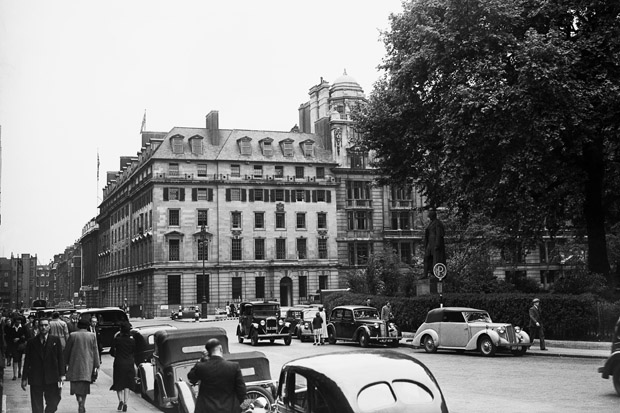The Royal College of Nursing (founded in 1916 with 34 members, but now with 440,000) is busy celebrating its centenary; and, at its grand headquarters in London’s Cavendish Square, there was another little celebration last week. This was to mark the centenary of a small, short-lived and generally unremembered medical institution, the Anglo-Russian Hospital of St Petersburg, at which some 6,000 wounded Russian soldiers were treated by British doctors and nurses during the last two years of the first world war.
Already a subscriber? Log in
Subscribe for just $2 a week
Try a month of The Spectator Australia absolutely free and without commitment. Not only that but – if you choose to continue – you’ll pay just $2 a week for your first year.
- Unlimited access to spectator.com.au and app
- The weekly edition on the Spectator Australia app
- Spectator podcasts and newsletters
- Full access to spectator.co.uk
Unlock this article
You might disagree with half of it, but you’ll enjoy reading all of it. Try your first month for free, then just $2 a week for the remainder of your first year.













Comments
Don't miss out
Join the conversation with other Spectator Australia readers. Subscribe to leave a comment.
SUBSCRIBEAlready a subscriber? Log in